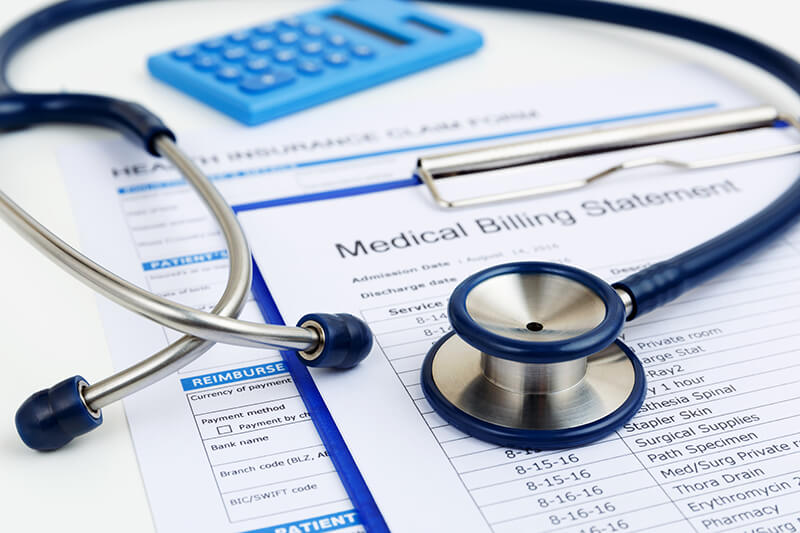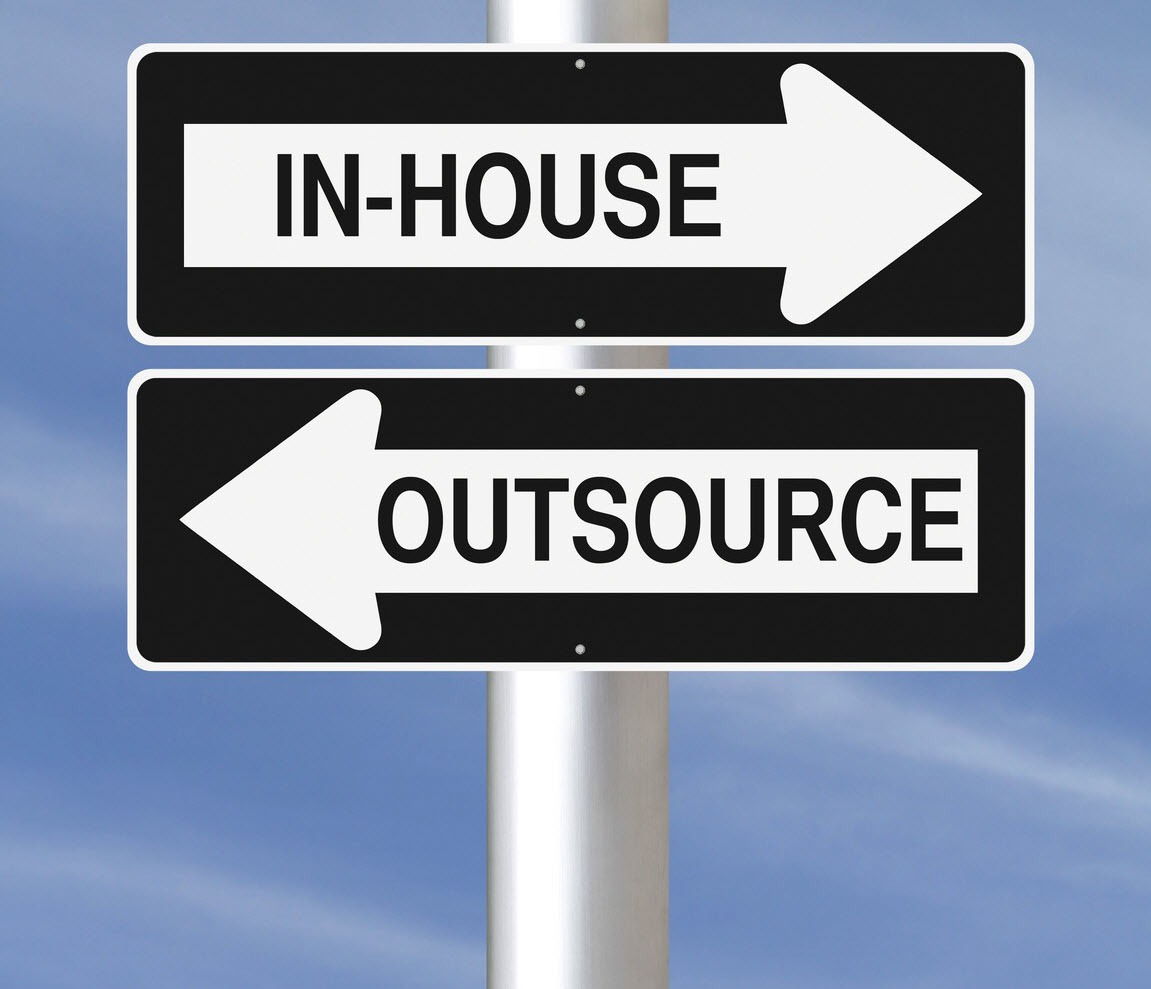Although there is a wide range of benefits in transitioning to an Electronic Health Record (EHR) system, it has become one of the most controversial innovations in medical IT. And with government incentives and regulations promoting meaningful use, EHRs have become just as unavoidable.
Medical staff regularly experiences frustration with the usability of these systems, often failing to achieve even the pre-launch levels of productivity. Administrators often struggle with the rising operating costs. These negative experiences have made new healthcare organizations seeking to adopt an EHR cautious approach towards their risks rather than being excited for their potential benefits, leaving many new adopters confused as to their best options.
Studies confirm that EHRs have the ability to improve the quality and efficiency of healthcare when implemented effectively. The main reason that many medical professionals dislike using EHRs is due to a lack of training and coordination before the launch.
As government incentives drive more and more small healthcare organizations towards the implementation of EHRs, it is crucial to remember that a well-planned implementation can be just as important as the equipment needed for its use. With the expertise of certified vendors, organizations have a much stronger chance of finding success with their new EHR.
The infographic below, produced for Ohio University’s Online MHA Degree, illustrates 9 steps for achieving successful EHR implementation as recommended by the Health Resources and Services Administration.




